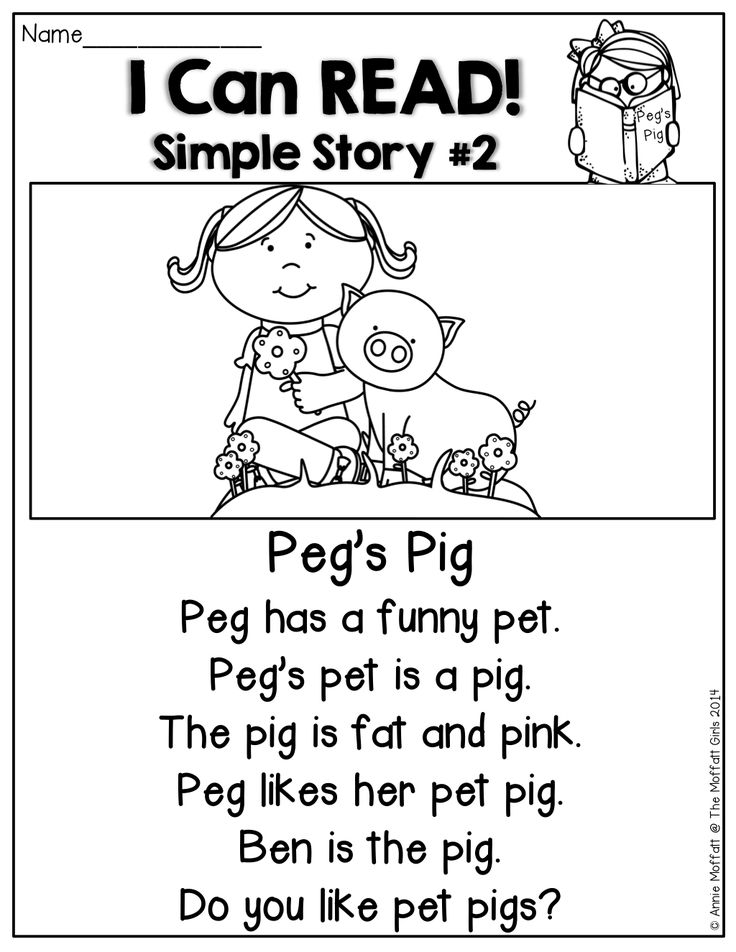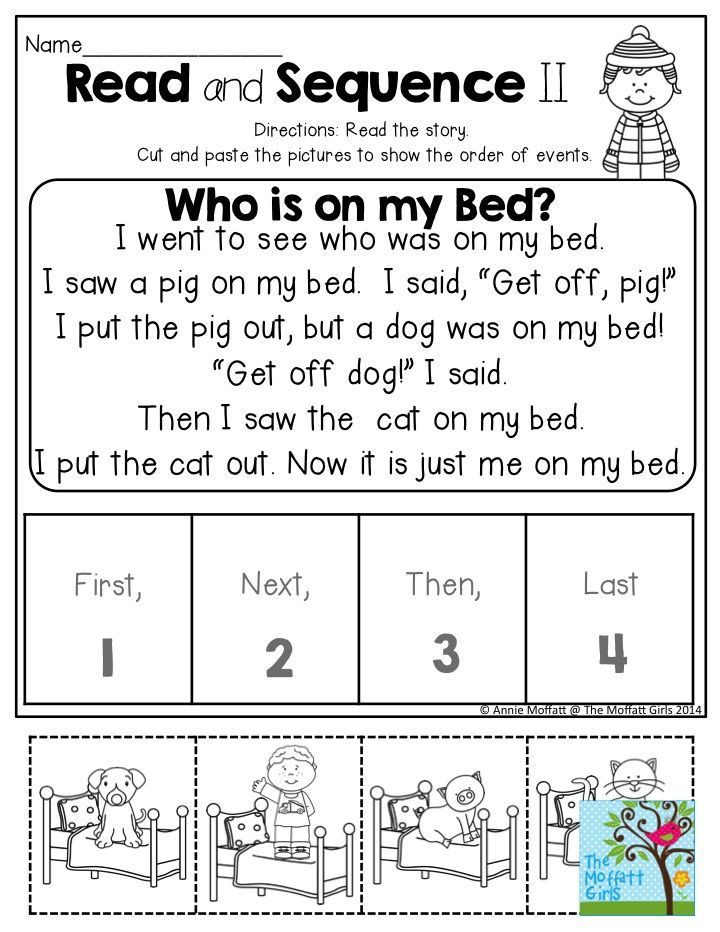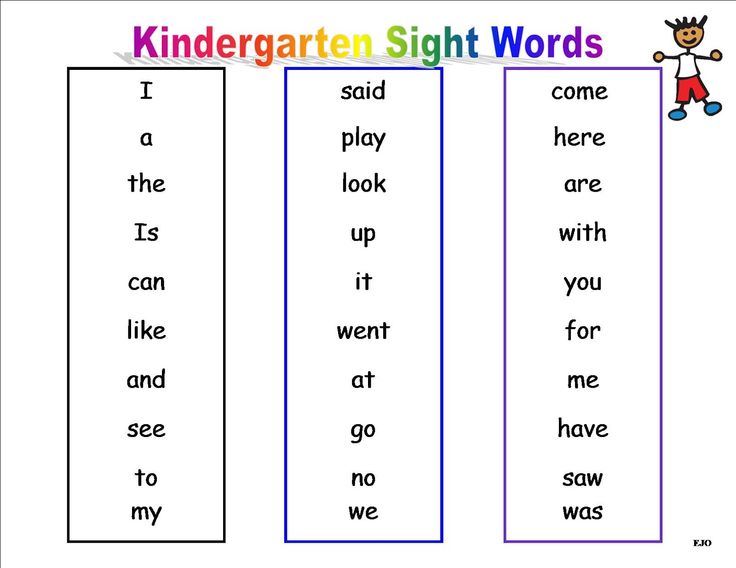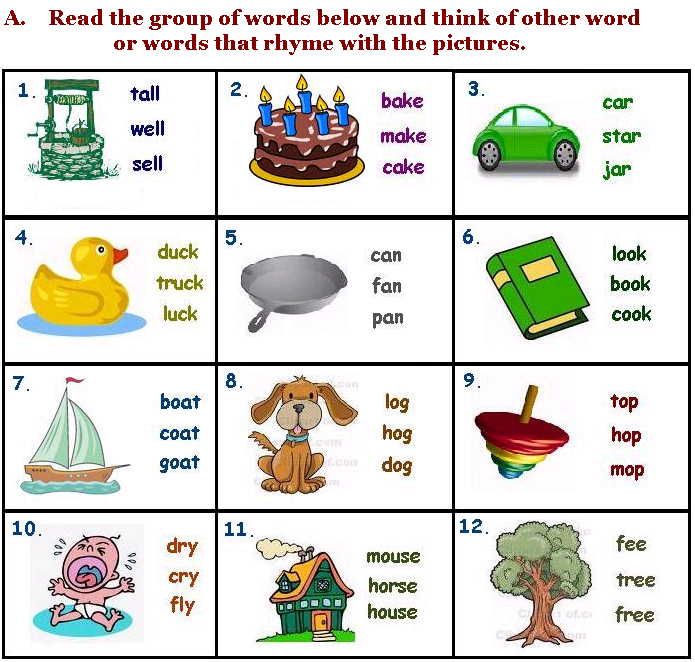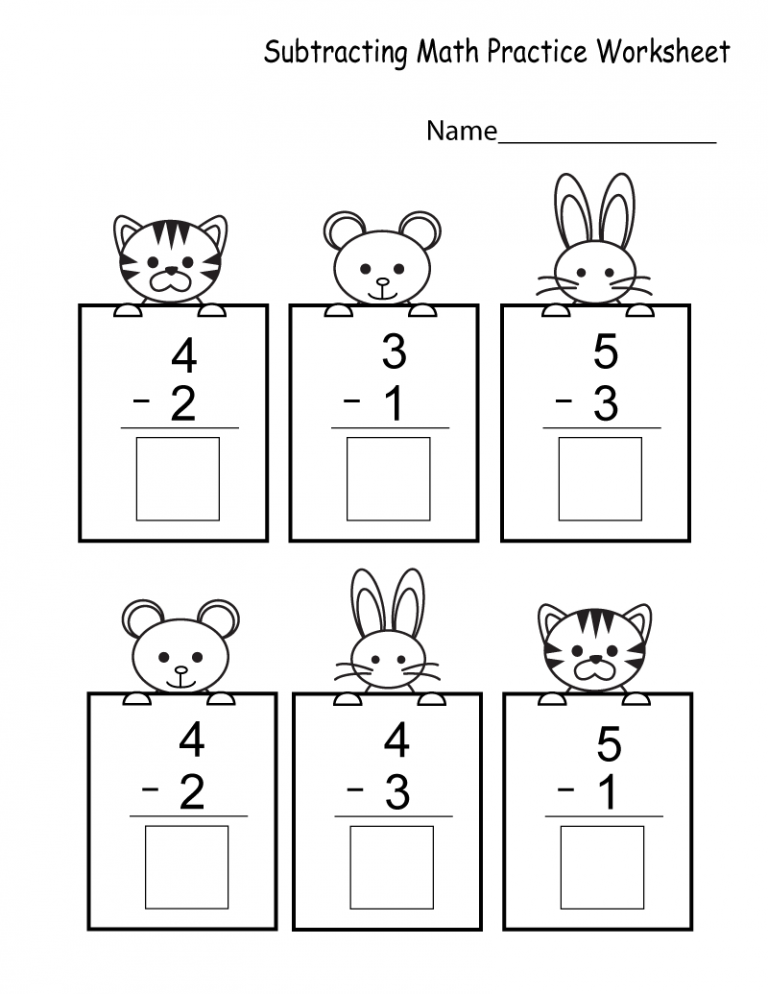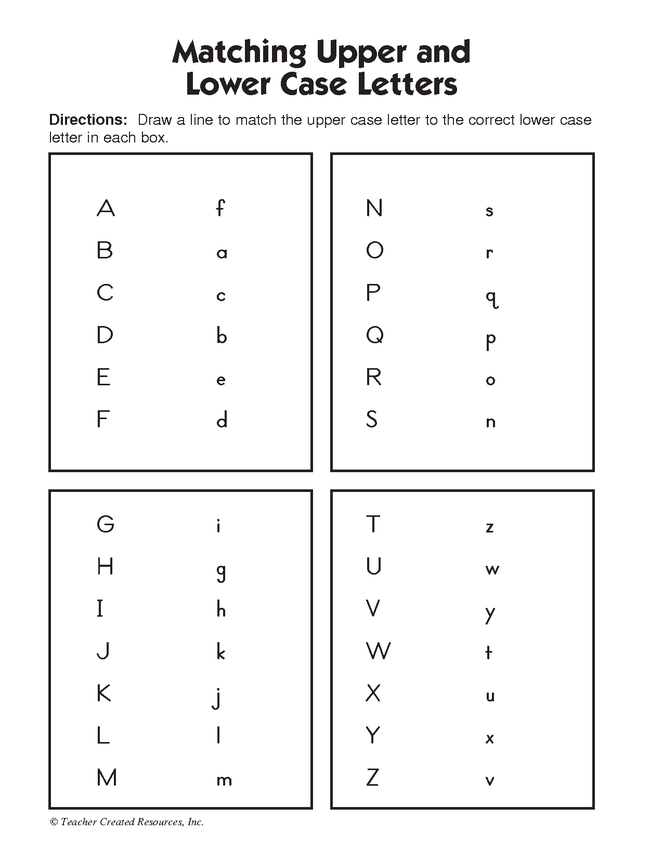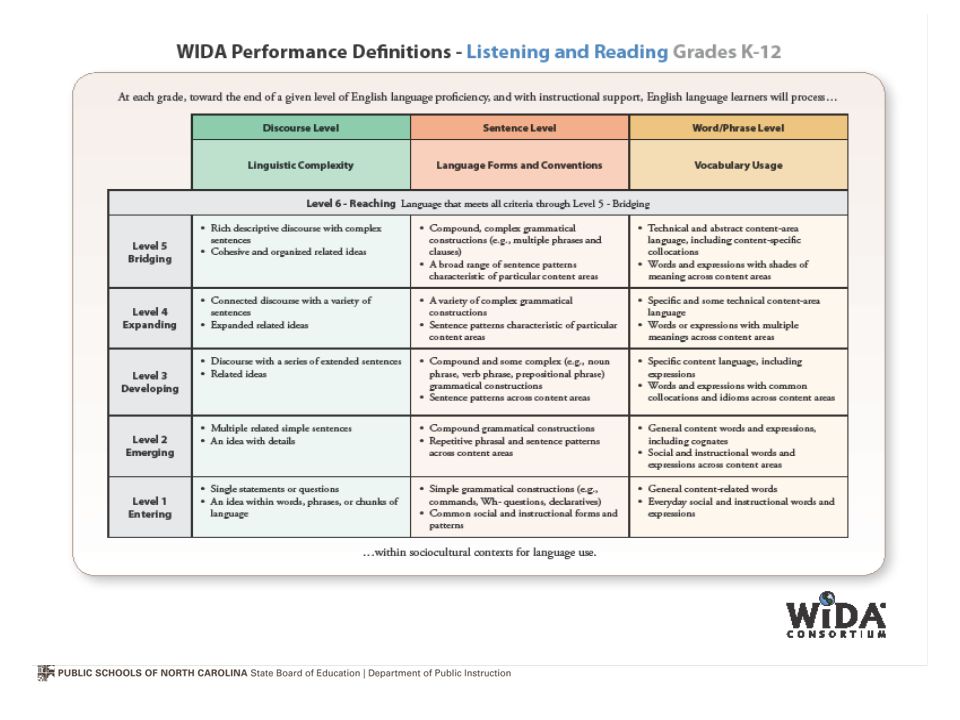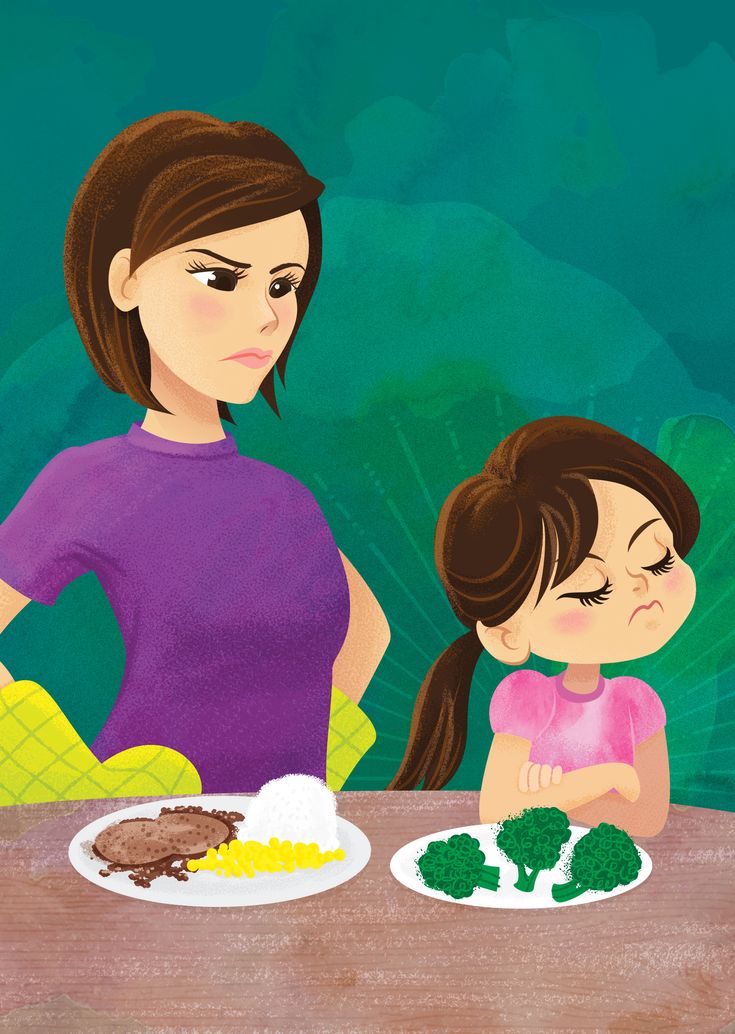Story for kindergarten to read
Great Read Alouds for Kindergarteners
Ah Ha!
By: Jeff Mack
Genre: Fiction
Age Level: 3-6
Reading Level: Beginning Reader
The meaning of the frog's relaxed "AAHH!" changes when almost captured by a boy and his dog. As the frog escapes the boy and various predators the same letters are used with different meaning until the frog returns to his relaxed "AAHH!" Four letters in different order change meaning to create a rollicking and ultimately satisfying story: "AAHH!"
Purchase on Amazon
Purchase Kindle version
Chicka Chicka Boom Boom
By: Bill Martin Jr, John Archambault
Illustrated by: Lois Ehlert
Genre: Fiction
Age Level: 0-3
Reading Level: Pre-Reader
Naughty lowercase letters climb the coconut tree but when little Z gets to the top, they all go BOOM to the bottom. After a rescue by grown-up letters (all uppercase), it all seems to start again. Humor, crisp illustration and rhythm make this alphabetic adventure a classic.
Purchase on Bookshop
Purchase on Amazon
Purchase Audible book
Purchase Kindle version
Daisy Gets Lost
By: Chris Raschka
Genre: Fiction
Age Level: 3-6
Reading Level: Beginning Reader
The small, slightly frumpy but charming dog named Daisy is separated from her mistress when she chases her blue ball (acquired in A Ball for Daisy). Few words are needed to communicate their concern as they search for one another clearly seen in the expressive wash illustrations.
Purchase on Amazon
Purchase Kindle version
How Rocket Learned to Read
By: Tad Hills
Genre: Fiction
Age Level: 3-6
Reading Level: Beginning Reader
A tenacious bird finally inspires Rocket, a small white dog with black spots, to learn to read and spell. Children will empathize with Rocket as they see the expressive illustrations and hear the straightforward telling showing the passage of seasons but Rocket’s gradual ability to read.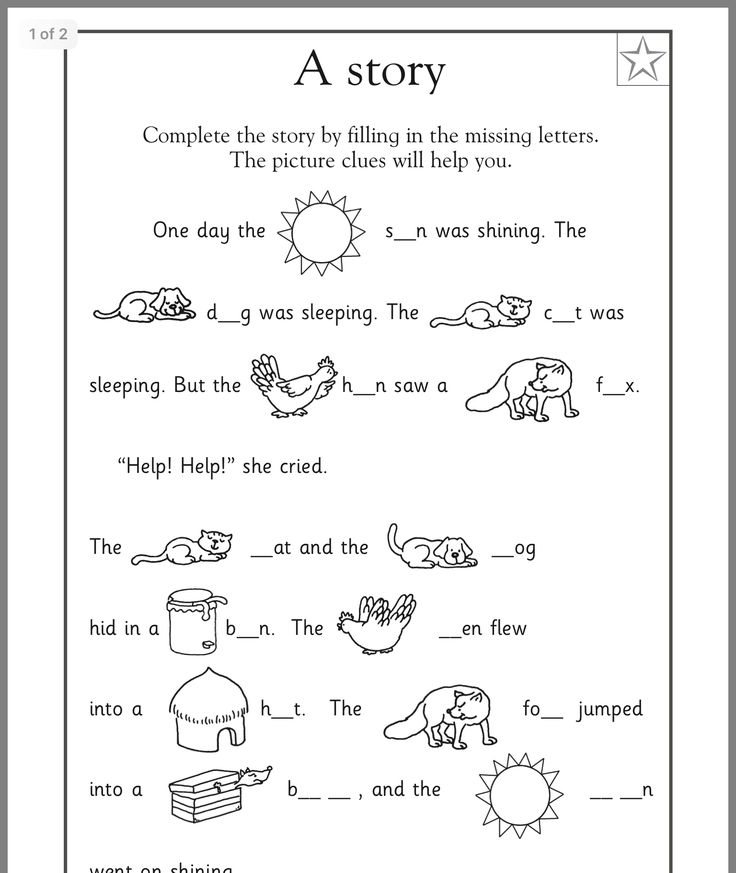
Purchase on Bookshop
Purchase on Amazon
Purchase Kindle version
Lilly's Purple Plastic Purse
By: Kevin Henkes
Genre: Fiction
Age Level: 3-6
Reading Level: Beginning Reader
Lily just can’t contain her excitement and simply MUST share her jingly quarters and new purse causing her favorite teacher to put her in the thinking corner. How Lily rethinks her anger with Mr. Slinger is told with gentle humor, lively language, and very expressive illustrations.
Purchase on Bookshop
Purchase on Amazon
Mufaro's Beautiful Daughters
By: John Steptoe
Genre: Fairytales, Folk Tales, and Tall Tales, Fiction, Fantasy
Age Level: 3-6
Reading Level: Beginning Reader
Mufaro had two beautiful daughters but each had very different personalities. Manyara was as haughty Nyasha was kind — and the behavior of one led to a royal wedding. Lush illustrations set in Zimbabwe and a straightforward telling make this a memorable book sometimes likened to a “Cinderella” story.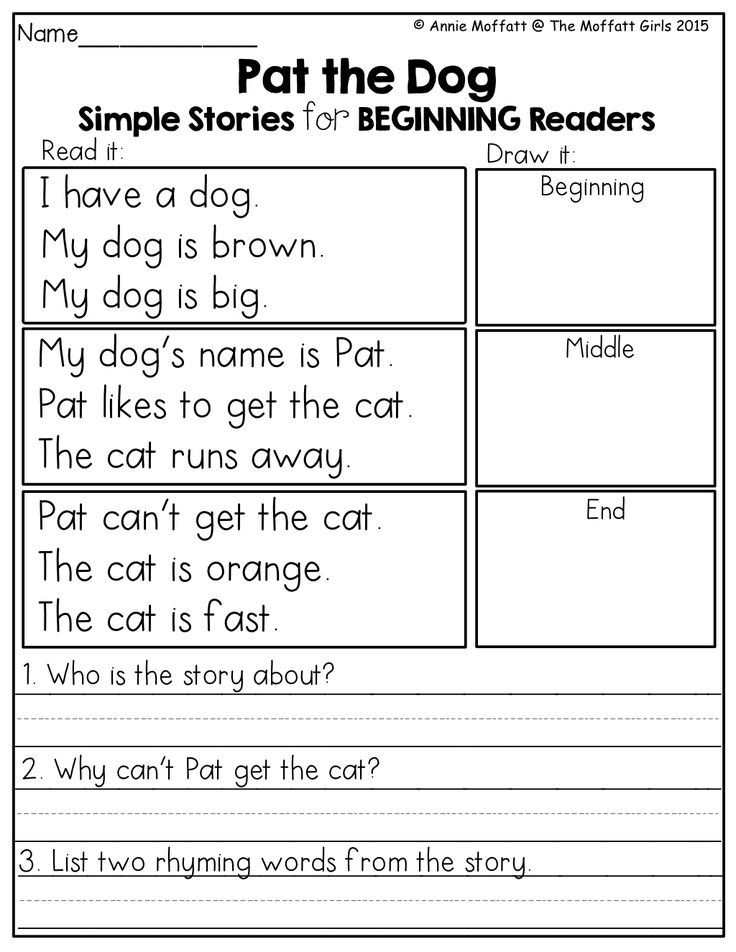
Purchase on Amazon
Purchase Kindle version
Tap the Magic Tree
By: Christie Matheson
Genre: Nonfiction
Age Level: 3-6
Reading Level: Beginning Reader
Is the magic in the book or with the reader as they are asked to tap the brown tree? A green leaf appears and then when rubbed, pink blossoms emerge. A rhythmic text encourages participation to see seasonal changes in the sturdy tree from winter's end to spring birds nesting.
Purchase on Bookshop
Purchase on Amazon
The Complete Tales of Winnie the Pooh
By: A.A. Milne
Genre: Fiction
Age Level: 3-6
Reading Level: Beginning Reader
Milne’s classic books, Winnie-the-Pooh and House at Pooh Corner are brought together in one volume. Short, episodic chapters and playful language punctuated with Ernest Shepard’s line drawings make this an ideal read-aloud that can be read over time.
Purchase on Bookshop
Purchase on Amazon
The Day of Ahmed’s Secret
By: Florence Heide, Judith Gilliland
Illustrated by: Ted Lewin
Genre: Fiction
Age Level: 3-6
Reading Level: Beginning Reader
Ahmed must carry his secret with him as he does his chores throughout the bustling, colorful streets of Cairo.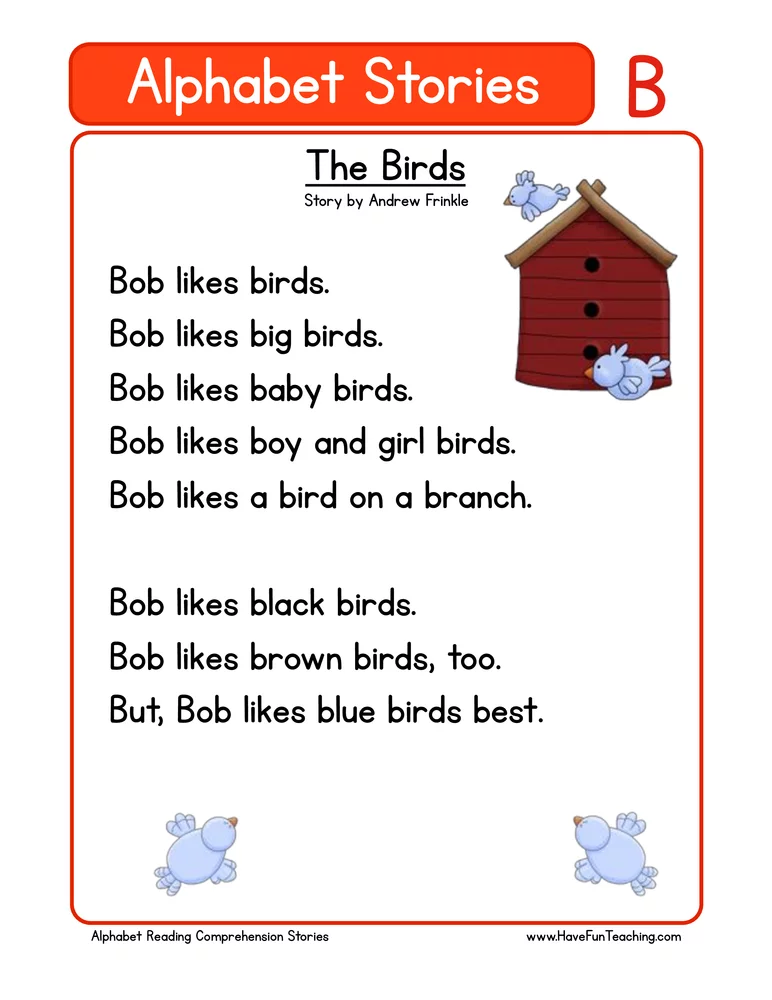 Later in the day with his family all around him, Ahmed shares his wonderful secret: he can write his name in Arabic. Mild tension will keep children guessing what it is that Ahmed carries with him and detailed realistic watercolors are sure to inspire discussion.
Later in the day with his family all around him, Ahmed shares his wonderful secret: he can write his name in Arabic. Mild tension will keep children guessing what it is that Ahmed carries with him and detailed realistic watercolors are sure to inspire discussion.
Purchase on Bookshop
Purchase on Amazon
The Deep, Deep Puddle
By: Mary Jessie Parker
Genre: Fiction
Age Level: 3-6
Reading Level: Beginning Reader
One shaggy dog sniffs at the edge of a rain puddle, and then "glub, glub, glub ... he sinks out of sight." The same fate happens to 2 cats, 3 squirrels and on to 12; then everyone reappears in reverse order until all's again well … for the time being, that is. Silliness abounds in whimsical language and jaunty illustrations with lots to see and count.
Purchase on Amazon
Purchase Kindle version
We're Going on a Bear Hunt
By: Michael Rosen
Illustrated by: Helen Oxenbury
Genre: Fiction
Age Level: 3-6
Reading Level: Beginning Reader
A father and his children go over, under, and through while on an exciting bear hunt in this retelling of a traditional chant.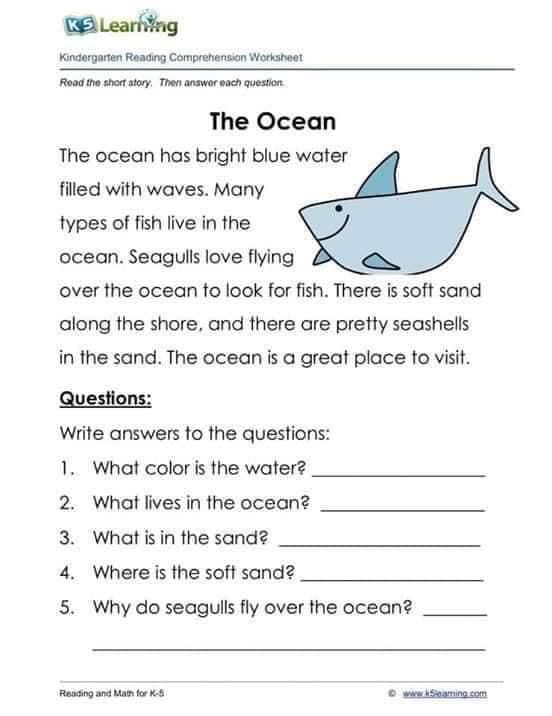 Illustrations alternate between black and white and color, enhancing the engaging repetition and the exciting chase — all the way home!
Illustrations alternate between black and white and color, enhancing the engaging repetition and the exciting chase — all the way home!
Purchase on Bookshop
Purchase on Amazon
Purchase Audible book
Yoko
By: Rosemary Wells
Genre: Fiction
Age Level: 3-6
Reading Level: Beginning Reader
In this first book about Yoko, she and her classmates learn to appreciate her Japanese heritage as well as their own backgrounds. This and other Yoko books introduce young readers to familiar issues in colorful illustration and relatable language.
Purchase on Bookshop
Purchase on Amazon
Proceeds from the sale of books purchased at Bookshop.org and Amazon.com help support the Reading Rockets project. Thank you!
21 Best Kindergarten Read Alouds
Share with your friends!
6 shares
- Share
- Tweet
Want to spice up storytime with your kindergarteners? Check out this list of kindergarten read alouds that will keep them entertained and learning!
Read Aloud Kindergarten read aloud books
Reading aloud to kindergarteners is a fabulous way to grow their love of literature.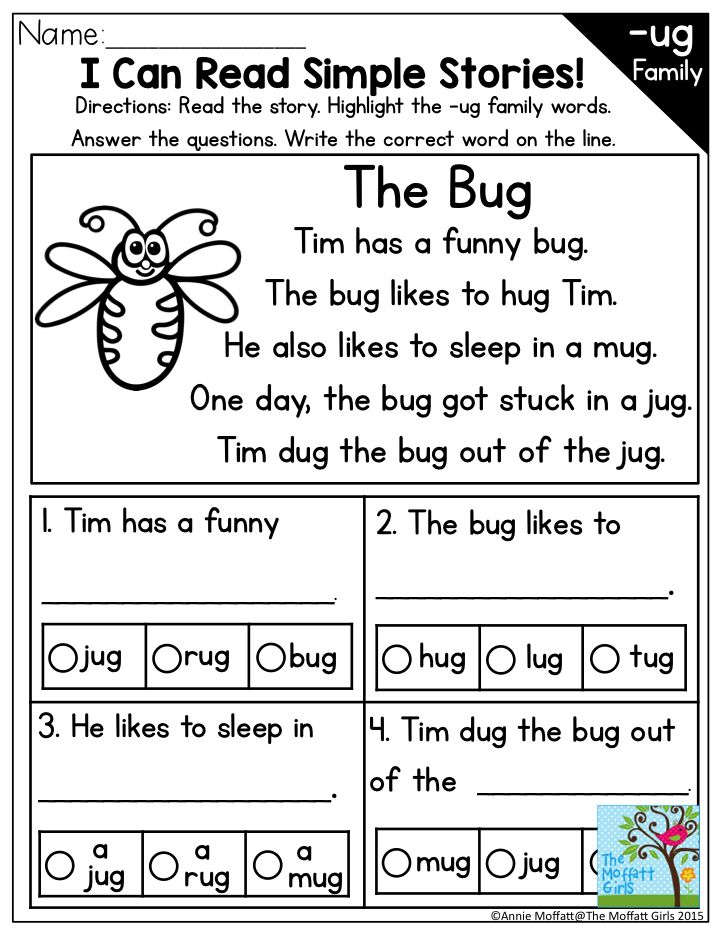 Not only that, but books teach little learners about everything from feelings to history to social interactions.
Not only that, but books teach little learners about everything from feelings to history to social interactions.
Not sure how to approach a difficult topic? There’s a children’s book that can help you with that!
The list of kindergarten read alouds below is filled with books that I have used in my own kindergarten classroom, as well as books that I’ve shared with my children when we were homeschooling. It also includes books that some of my teacher friends recommended, so it’s truly a teacher-tested, kindergartener-approved list!
I hope it helps give you some ideas for good books for kindergarten read-alouds!
This article contains affiliate links to books that I think you might enjoy.
Why Use Read Aloud Books for Kindergarten
Reading aloud is a great way to grab children’s attention and instill a love for reading. Kindergarten is an especially impressionable grade, as children’s first experience with school should be filled with fun and positive experiences.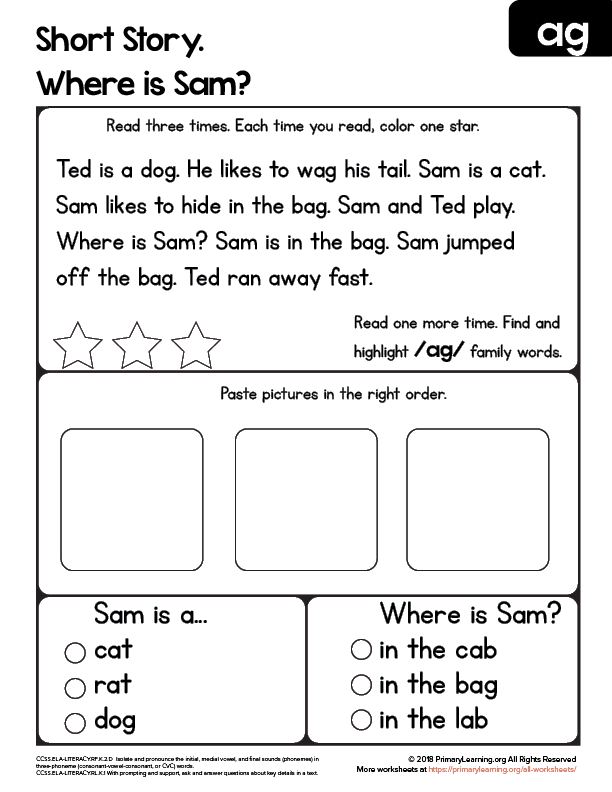 Kindergarten read alouds provide that!
Kindergarten read alouds provide that!
While it’s always the goal to have children learn to read on their own, reading aloud makes books accessible to all students. It gives your above average readers a chance to identify words when they see them, your average readers a chance to build book and reading skills, and your struggling readers a chance to enjoy the message of the story without the barrier of decoding.
Reading aloud should be a daily occurrence in kindergarten – and, I would argue, every grade! While it’s perfectly acceptable to weave reading skill practice into the time, it’s also equally as important to simply let children enjoy a story without analyzing it to death.
The books below are great for sharing lessons, as well as pure entertainment. Read them with your kindergarteners and watch their knowledge and growth bloom before your eyes!
The Best Kindergarten Read Alouds
Officer Buckle and Gloria by Peggy RathmanWilfrid Gordon McDonald Partridge by Mem FoxThe Book with no pictures by B.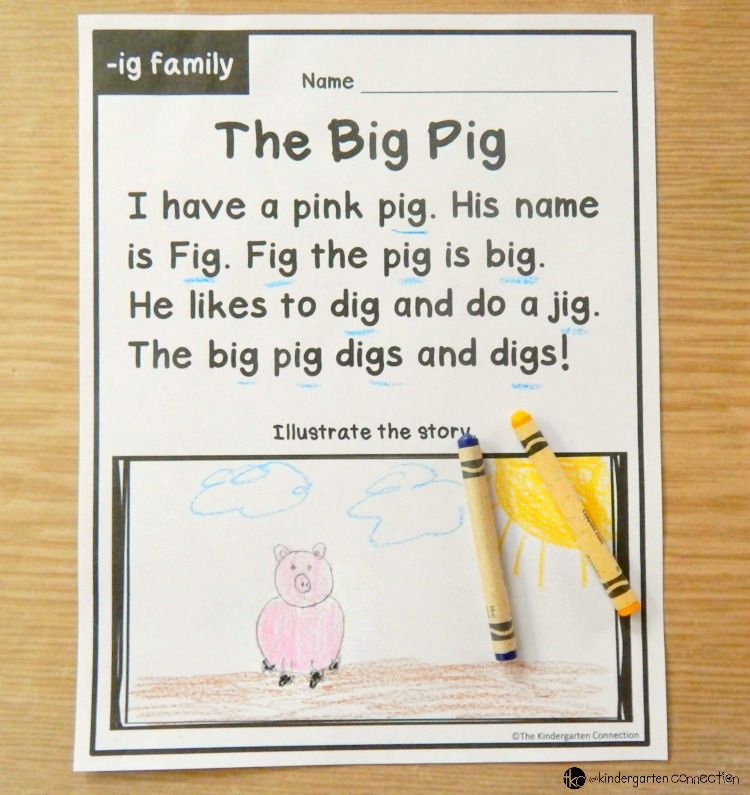 J. NovakThe paperbag princess by robert munschWe don’t eat our classmates by ryan T. higginsNot a box by antoinette portisIf you give a mouse a cookie by laura numeroffMiss nelson is missing by harry allardThe day the crayons quit by drew daywaltThe wonky donkey by craig smithGiraffes can’t dance by giles andreaeMy Mouth is a Volcano by Julia CookThe Recess Queen by Alexis O’neillNever Let a Unicorn Scribble by diane alberPete the cat and his four groovy buttons by james deanThe Pigeon HaS to go to school by mo willemsMiss Bindergarten Gets ready for kindergarten by Joseph SlateI Promise by lebron JamesScribble Stones by Diane AlberStrictly No Elephants by Lisa MantchevThe Cool Bean by Jory John
J. NovakThe paperbag princess by robert munschWe don’t eat our classmates by ryan T. higginsNot a box by antoinette portisIf you give a mouse a cookie by laura numeroffMiss nelson is missing by harry allardThe day the crayons quit by drew daywaltThe wonky donkey by craig smithGiraffes can’t dance by giles andreaeMy Mouth is a Volcano by Julia CookThe Recess Queen by Alexis O’neillNever Let a Unicorn Scribble by diane alberPete the cat and his four groovy buttons by james deanThe Pigeon HaS to go to school by mo willemsMiss Bindergarten Gets ready for kindergarten by Joseph SlateI Promise by lebron JamesScribble Stones by Diane AlberStrictly No Elephants by Lisa MantchevThe Cool Bean by Jory JohnKindergarten read alouds
No matter which books you choose to read aloud to your kindergarteners, be sure to include a lot of personality and excitement in your delivery.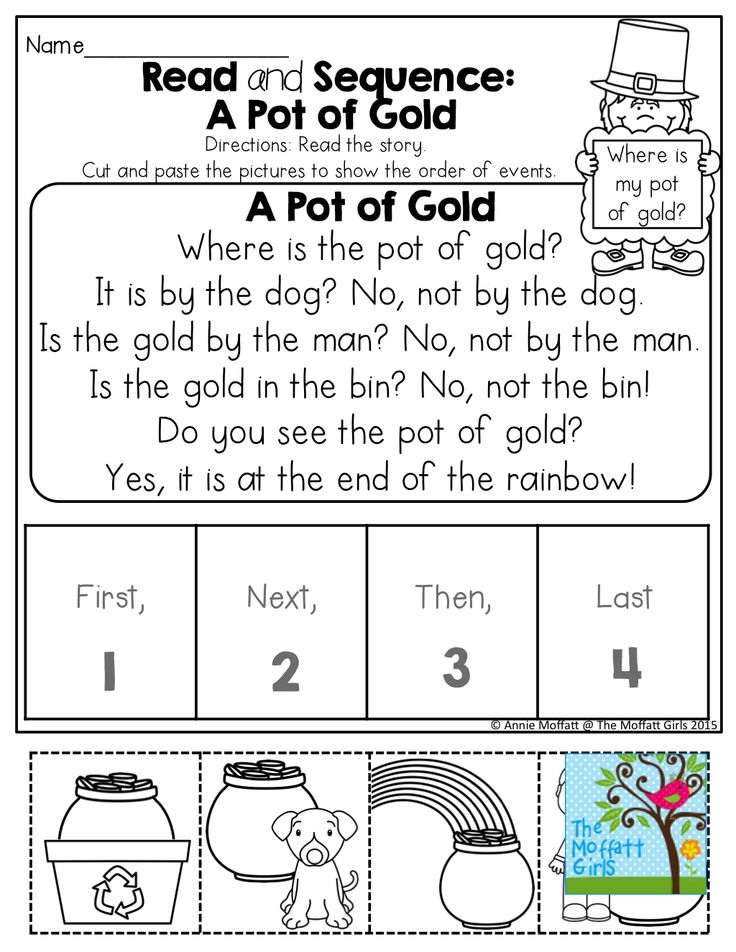 Some of the very best lessons are learned through books and kindergarten is the perfect time to start teaching them. Happy reading, friends!
Some of the very best lessons are learned through books and kindergarten is the perfect time to start teaching them. Happy reading, friends!
You Might Also Like…
Share with your friends!
6 shares
- Share
- Tweet
Fairy tales for kindergarten - read free online
Fairy tales for kindergarten - folklore and author's works that will captivate children from one and a half to two years old with their plot. Many of these fairy tales will migrate with children to the school desk. There is nothing surprising. Kind stories about peers, adults, forest animals and pets speak of simple things. These works do not just introduce the children to the world around them. They show young listeners a role model, develop the thinking of children and arouse their interest in learning.
- Tales for the younger group
- Tales for the middle group
- Tales for the senior group
- Tales for the preparatory group
Sort by: The popularity of the reading of the School of Crane
Russian folk producers are Ivan-Durakalzhelsvodniy Pryspelpa children 7 years old yaguAbout good and evilAbout IvanAbout princessesFor schoolchildrenFor 2nd gradeFor 3rd gradeAbout KoshcheyFor kindergartenFor the senior group
Russian people's salesmen at the night of the consumption of children 2 gunsules of children 3 years of flying 4 years of flyer 4 Grandmother Grandmother Old Group
Instructive Muscular Supervision at the night of animals of Bear -Council for children 2 gunsules of 3 years good and schoolchildren of class 1 class 9000 9000 9000 9000 9000 9000 9000 9000 9000 nightIn verseFor children 12 years oldFor kindergartenFor senior groupFor preparatory group
Russian people's salesmen at the night of animal men of children 2 years of guest of children 3 years of flyer and Zlepro Mashuper Grandmother Group
Russian people's ears at the night of a wave of a woman-yagupro guseydl of schoolchildren of the 1st class of the middle group
9000 9000 9000Valentin cataless children 7 years 9 years About flowers For children 8 years old For schoolchildren For grade 2 For grade 3 For grade 4 For kindergarten For senior group
Alexander Volkovo, the senior senior group of the senior group
Russian people's markets for the night of the Komnokokiya Bear of children 2 years of flyer Tolstoy Tolstoy and Powerful Group
Russian folk -Durakaskazykazi at the night of the waves of the Knitolistoy - Russian folk people of the classroom 2 classes classFor kindergartenFor the senior group
Samuil MarshakAbout Santa ClausFor girlsNew YearFor children 5 years For children 6 years For children 9years For children 10 years old For children 11 years old For children 12 years old About the seasons For schoolchildren For grade 4 For kindergarten For senior group For preparatory group
Charles PerrotForeign writersAbout a cat For children 5 years old For children 6 years old For children 7 years old About friendship For schoolchildren For grade 23 For 906 preparatory group For kindergarten
Vitaliy Bianki For children 4 years old For children 5 years old Kind For kindergarten For preparatory group
Poems of Chukovsky Pot some children 2 years of children 4 years of children 5 flyor -core group
, Alexander Pushkino -Technical Job 9,000 SEAUTY GROUP PARENTLY GROUD BUILDERS.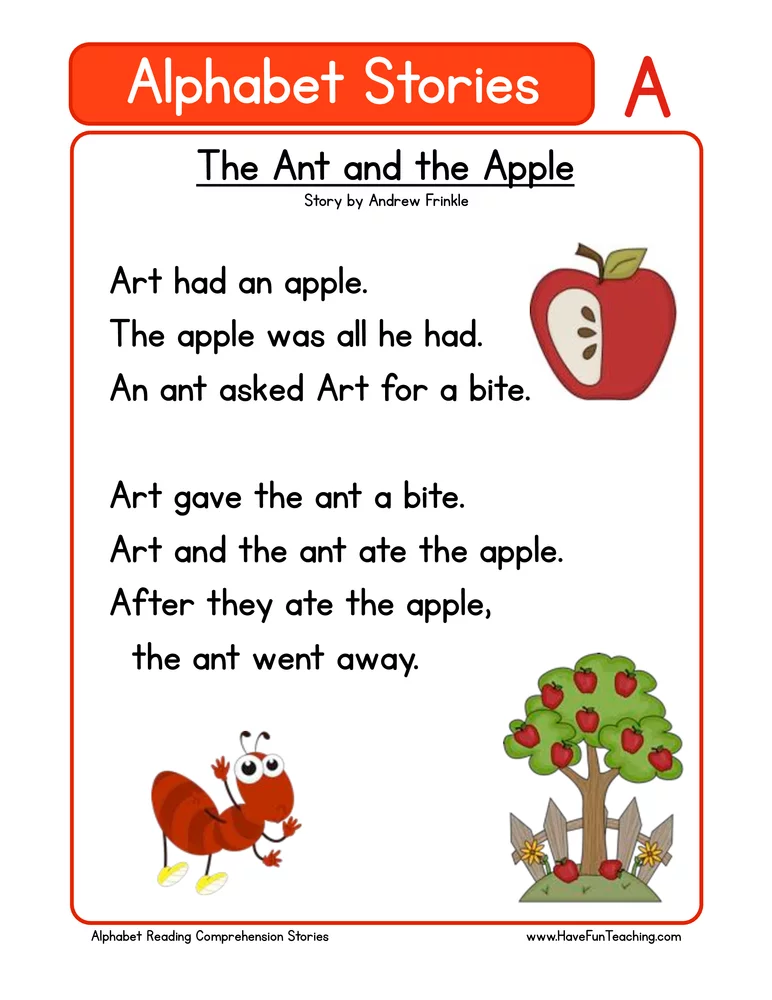 Hans Christian AndersenForeign writersFor girlsFor children 6 years oldFor children 7 years oldFor children 8 years oldFor kindergartenFor senior groupFor preparatory group
Hans Christian AndersenForeign writersFor girlsFor children 6 years oldFor children 7 years oldFor children 8 years oldFor kindergartenFor senior groupFor preparatory group
Show more

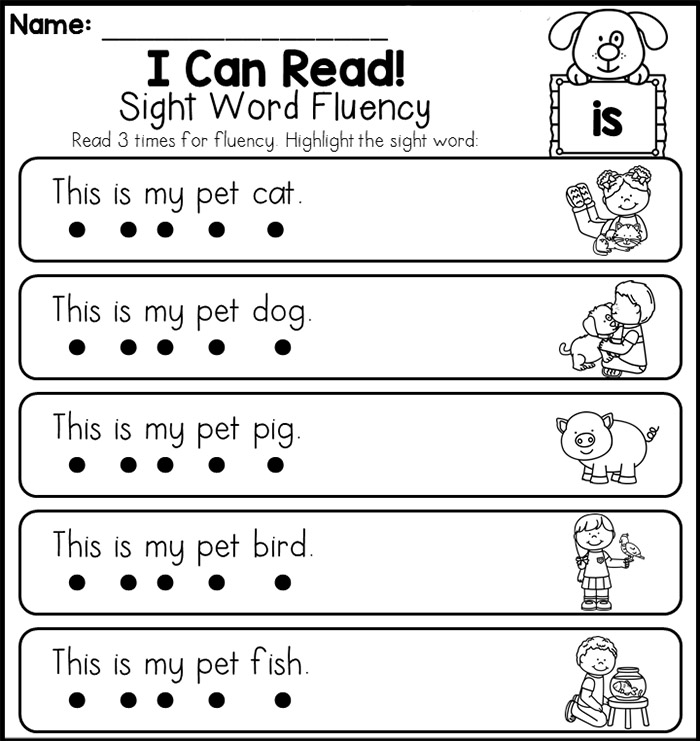 The fact is that the most important universal knowledge is encrypted in the figurative and plot series of fairy tales. Moreover, this knowledge covers everything human vital spheres :
The fact is that the most important universal knowledge is encrypted in the figurative and plot series of fairy tales. Moreover, this knowledge covers everything human vital spheres : 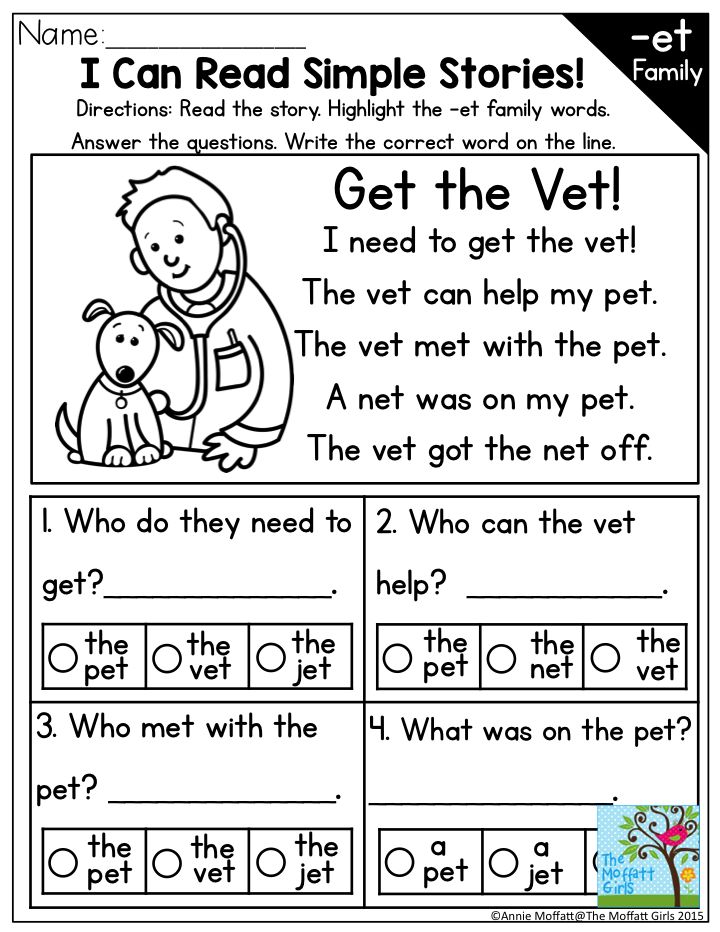 And the more fairy tales the child's subconscious absorbs, the more successful he will be in adulthood.
And the more fairy tales the child's subconscious absorbs, the more successful he will be in adulthood. 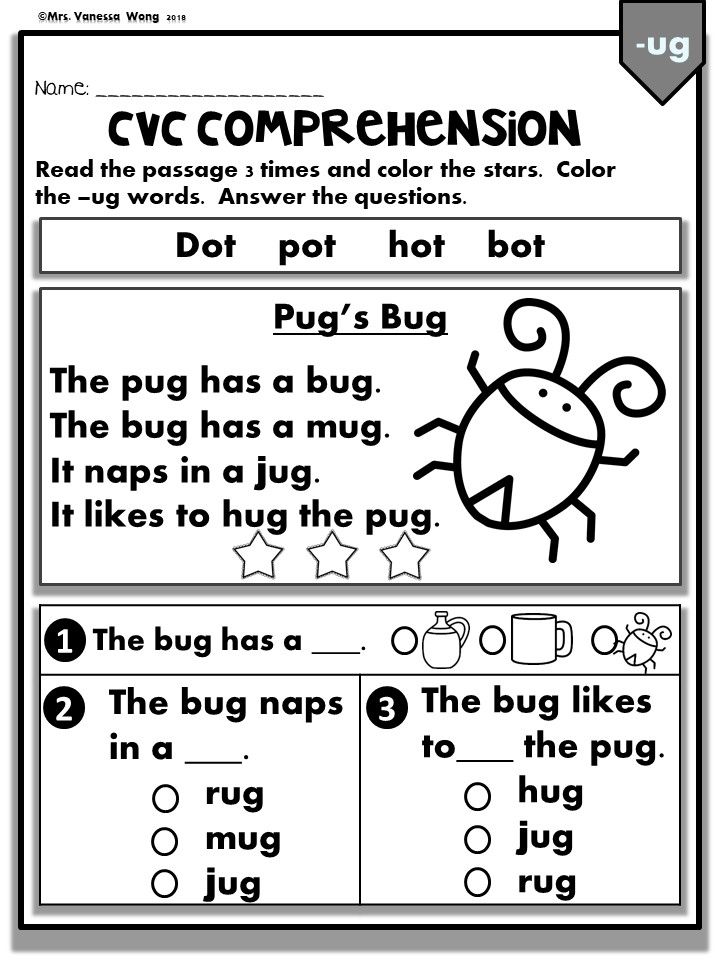 But at the same time, he perceives everything that happens in him as a reality. This is required by his inner world.
But at the same time, he perceives everything that happens in him as a reality. This is required by his inner world. 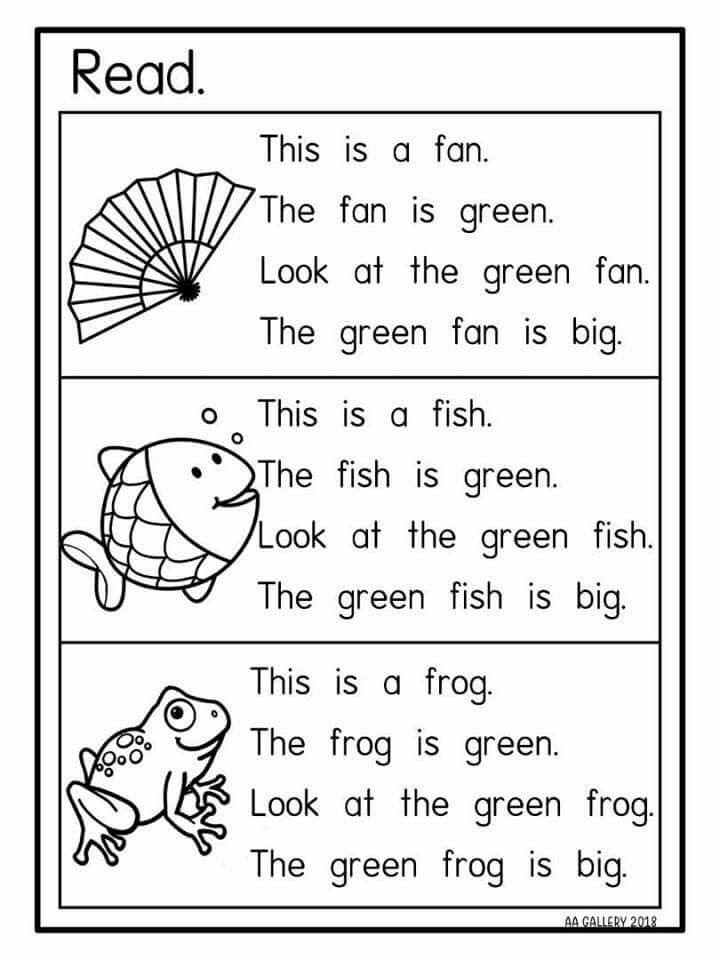 Knowing about the influence of a fairy tale on a child's life, you can help a child a lot.
Knowing about the influence of a fairy tale on a child's life, you can help a child a lot. 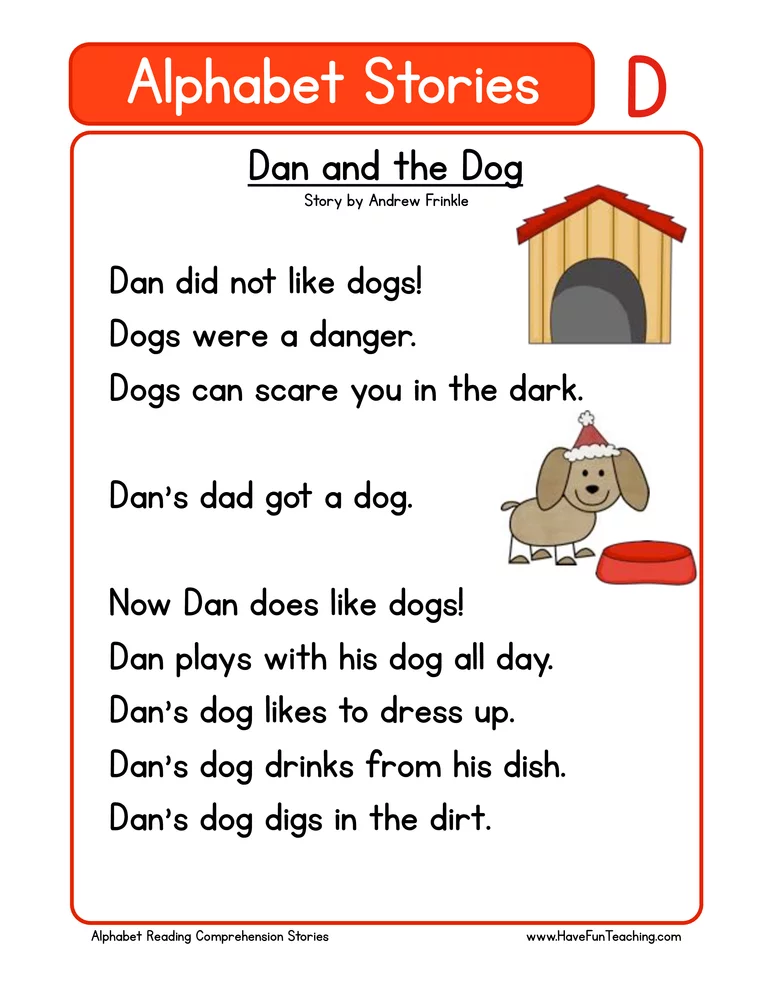 Analyze the emotional problem of the child: why is he anxious, aggressive, capricious - and choose or compose a fairy tale where the heroes, their adventures and exploits will help him solve the problem (fear, loneliness, insecurity, rudeness, etc.) Think of a fairy-tale hero, slightly outwardly and in character similar to a child, who, according to the plot, has many opportunities to overcome difficulties and obstacles. The child himself will feel the help and find a way out of the traumatic situation.
Analyze the emotional problem of the child: why is he anxious, aggressive, capricious - and choose or compose a fairy tale where the heroes, their adventures and exploits will help him solve the problem (fear, loneliness, insecurity, rudeness, etc.) Think of a fairy-tale hero, slightly outwardly and in character similar to a child, who, according to the plot, has many opportunities to overcome difficulties and obstacles. The child himself will feel the help and find a way out of the traumatic situation. 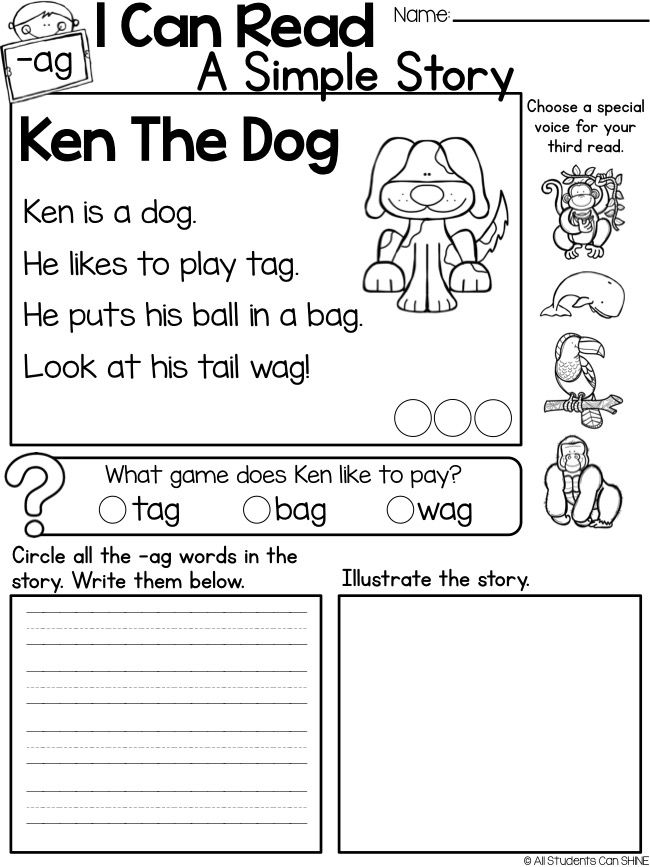
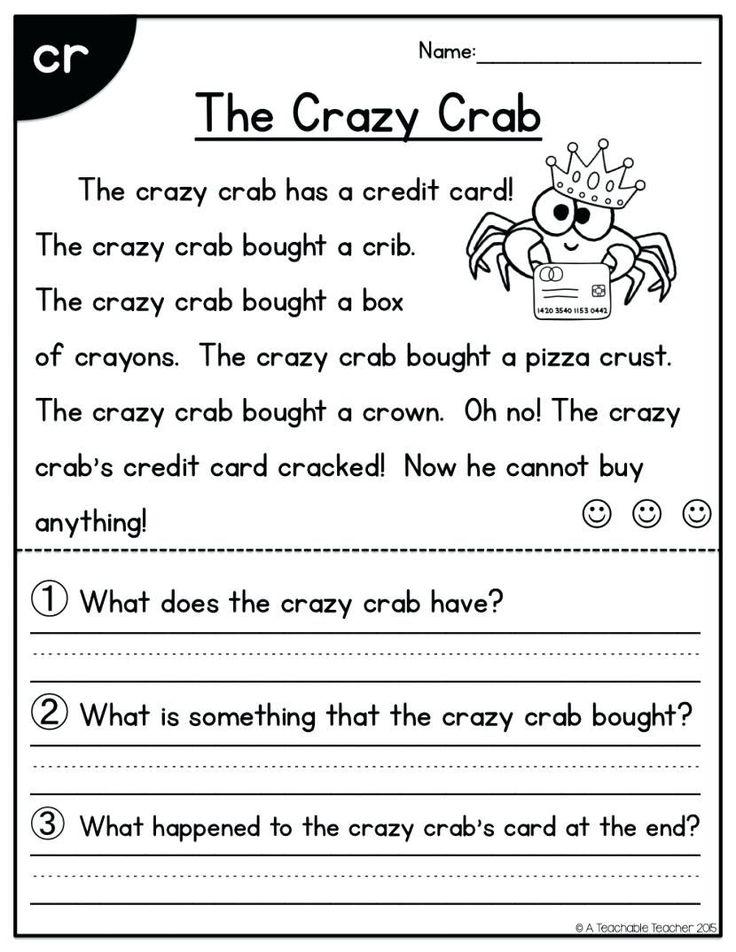 The dreams of a little man depend mainly on what he heard, felt and saw before going to bed. By reading “Aibolit” or “Flies-Tsokotukha” before going to bed, you can replace lullabies if the baby protests against your singing. When reading, the child falls asleep faster than after watching a cartoon or a movie.
The dreams of a little man depend mainly on what he heard, felt and saw before going to bed. By reading “Aibolit” or “Flies-Tsokotukha” before going to bed, you can replace lullabies if the baby protests against your singing. When reading, the child falls asleep faster than after watching a cartoon or a movie. 